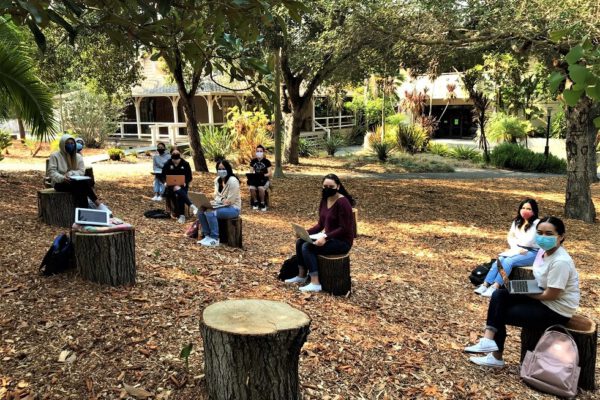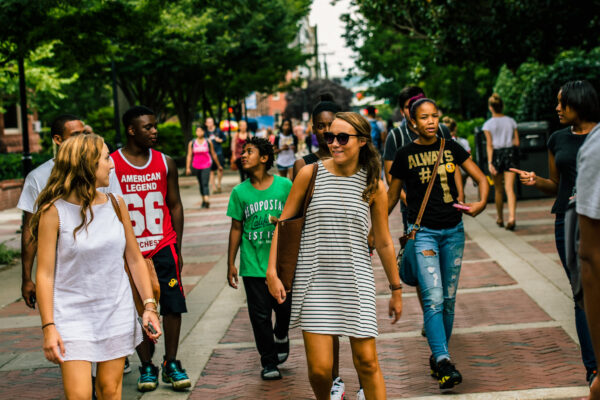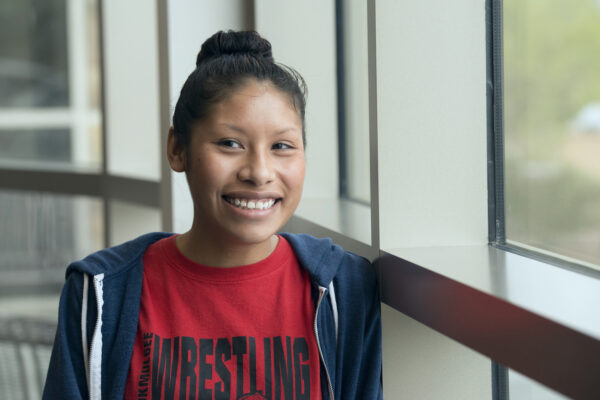The Positive Economic Impact of Historically Black Colleges and Universities
Title: The Positive Economic Impact of Historically Black Colleges and Universities
Source: UNCF
 A recent report from UNCF provides a glimpse into the economic impact Historically Black Colleges and Universities (HBCUs) have on the nation.
A recent report from UNCF provides a glimpse into the economic impact Historically Black Colleges and Universities (HBCUs) have on the nation.
HBCUs Make America Strong: The Positive Economic Impact of Historically Black Colleges and Universities offers data on earnings, employment, and the economy for the nation, individual states, and institutions demonstrating that the economic benefits of HBCUs are substantial.
The 101 public and private HBCUs in the United States enroll nearly 300,000 students. Eighty percent of these students are African American, and 70 percent are from low-income families. According to the report, HBCUs produce a total economic impact of $14.8 billion. Every dollar spent by HBCUs and their students generates $1.44 for the local and regional economies.In addition, HBCUs have added 57,868 on-campus jobs and 76,222 off-campus jobs to the local and regional job market.
HBCU graduates working full time can earn an additional $927,000 over their lifetime because of their credential.
To download the full report, please click here.
If you have any questions or comments about this blog post, please contact us.


